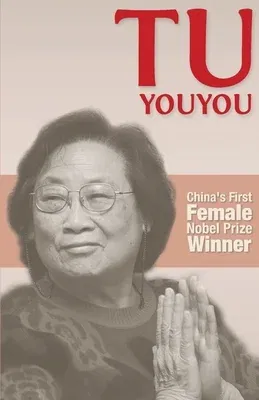As the first Chinese female scientist to win a Nobel prize (in
physiology or medicine) in 2015, what were Tu Youyou's formative
experiences and the major events that shaped her life? How did this
remarkable woman - without a medical degree, doctorate or overseas work
experience - make
such a valuable contribution to the control of malaria? This book
explores the extraordinary career of this modest, frugal and very
unconventional scientist and records her inspirational work.
During early clinical trials, Tu traveled to malaria-endemic areas of
Hainan and was the first to test her medicine on herself to ensure it
was safe after the drug had shown promising results in mice and monkeys.
Only then were the clinical trials expanded to include other humans.
Afflicted with tuberculosis at the age of 16, Tu Youyou recovered two
years later with a determination to make up for lost time. In fact, the
illness was the making of her in that it sparked an interest in medicine
and pharmacology and a desire to help save the lives of others.
Indifferent to fame and wealth, and courageous in the pursuit of truth,
she went on to make remarkable scientific achievements.
Although born in Ningbo at a time of turmoil, Tu Youyou was among the
first intake of female college students in the new China. She made the
most of this good fortune by devoting herself to decades of quiet and
patient labor in which she embraced Chairman Mao Zedong's quest for the
country to combine traditional Chinese medicine and western medicine.
Separated from her family, she led a national research group codenamed
'Mission 523' tasked with developing antimalarial drugs from Chinese
medicines. Exposing themselves to considerable hardship and danger, the
team's pioneering work led to the discovery of artemisinin, a drug
therapy that has since saved millions of lives across the globe,
especially in developing countries.

